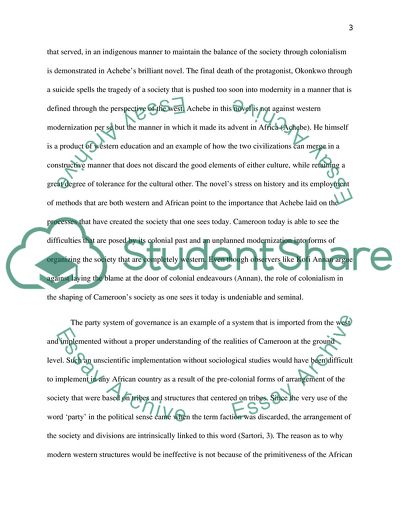Cite this document
(“What are the solutions to the dysfunctions of Cameroon Political and Thesis”, n.d.)
What are the solutions to the dysfunctions of Cameroon Political and Thesis. Retrieved from https://studentshare.org/miscellaneous/1588298-what-are-the-solutions-to-the-dysfunctions-of-cameroon-political-and-development-strenghtsweaknessesopportunity-and-threats
What are the solutions to the dysfunctions of Cameroon Political and Thesis. Retrieved from https://studentshare.org/miscellaneous/1588298-what-are-the-solutions-to-the-dysfunctions-of-cameroon-political-and-development-strenghtsweaknessesopportunity-and-threats
(What Are the Solutions to the Dysfunctions of Cameroon Political and Thesis)
What Are the Solutions to the Dysfunctions of Cameroon Political and Thesis. https://studentshare.org/miscellaneous/1588298-what-are-the-solutions-to-the-dysfunctions-of-cameroon-political-and-development-strenghtsweaknessesopportunity-and-threats.
What Are the Solutions to the Dysfunctions of Cameroon Political and Thesis. https://studentshare.org/miscellaneous/1588298-what-are-the-solutions-to-the-dysfunctions-of-cameroon-political-and-development-strenghtsweaknessesopportunity-and-threats.
“What Are the Solutions to the Dysfunctions of Cameroon Political and Thesis”, n.d. https://studentshare.org/miscellaneous/1588298-what-are-the-solutions-to-the-dysfunctions-of-cameroon-political-and-development-strenghtsweaknessesopportunity-and-threats.


